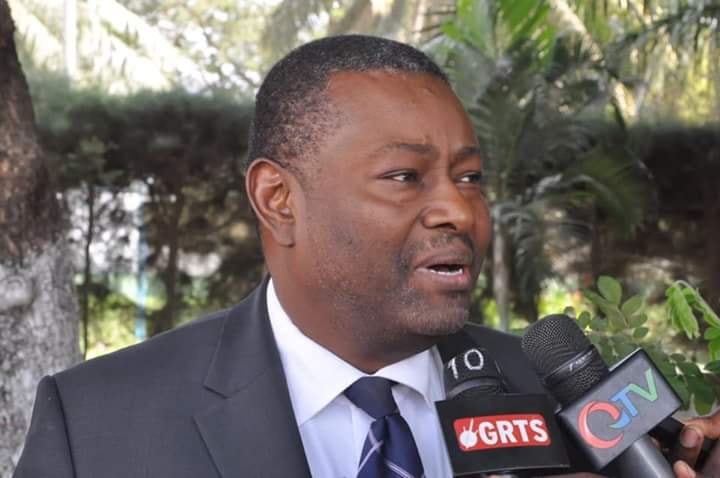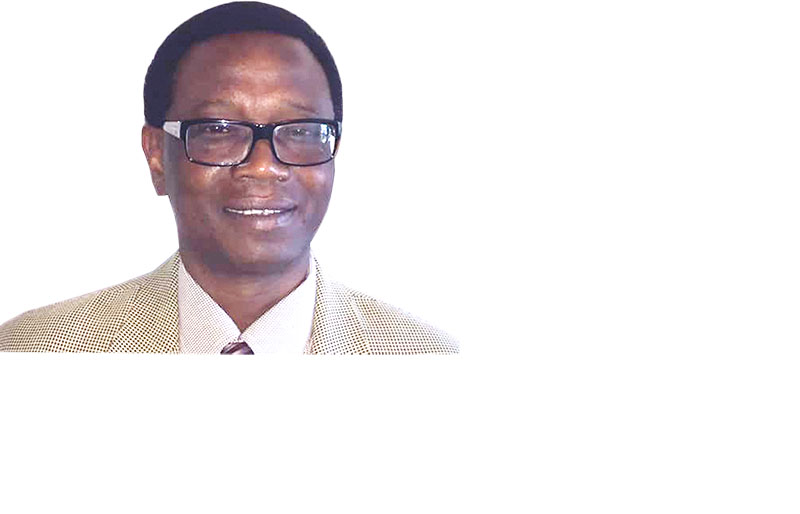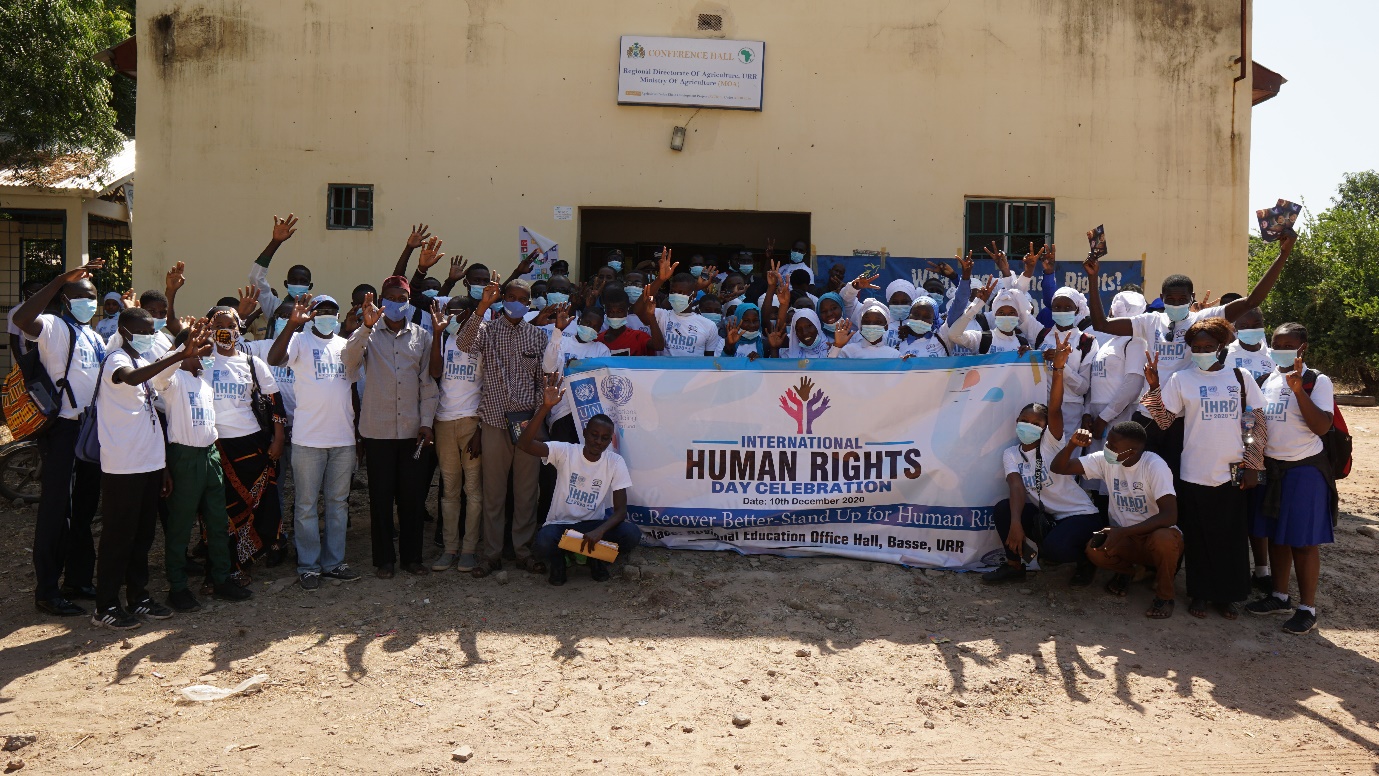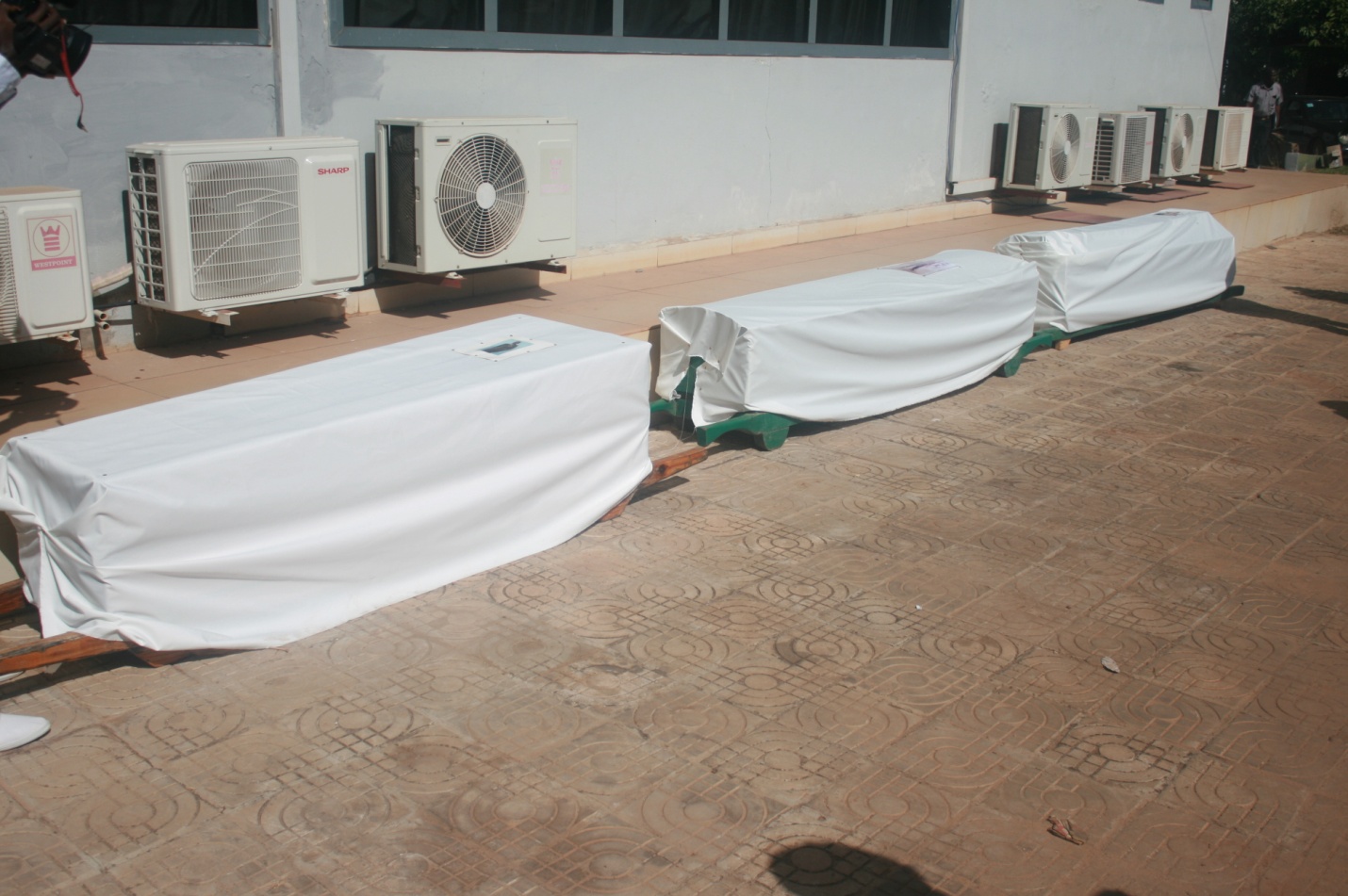“Access to mainstream services, public buildings, and public transportation remains a big challenge for persons with disabilities, and which in turn impede their participation in decision making. Thus, unfortunately in The Gambia, and for persons with disabilities, ‘disability remains inability’,” according to an official of National Human Rights Commission of The Gambia.
Emmanuel D. Joof, chairperson of the Commission also said persons with disabilities in The Gambia continue to face lots of challenges and impediments in the enjoyment of fundamental human rights, exacerbated by discrimination, stigmatisation, economic disempowerment, limited access to educational opportunities and facilities, lack of social protection mechanisms to cushion them off the effects of poverty.
In his statement, marking the Commemoration of International Day of Persons with Disabilities on Thursday, he said that absence of a legislative framework which articulates their rights and the obligations of the State towards them in line with the Convention on the Rights of Persons with Disabilities are also challenges.
The theme for this year’s commemoration, ‘Building Back Better: toward a disability-inclusive, accessible and sustainable post-COVID-19 World‘, is a clarion call for governments all over the world, to be disability-inclusive in their responses to COVID-19 and reflect on their efforts to ‘build back better’ in a disability-inclusive manner.
Joof said there is no gainsaying the fact that the group of society tremendously affected by the devastating impact of COVID-19 is persons with disabilities, in particular the elderly, women, and children with disabilities.
“The state of public emergency, the restrictions placed on the movement of people, the social distancing guidelines, isolation measures, and the closure of the majority of businesses all had a negative impact on persons with disabilities,” he said.
He also said the NHRC joined the rest of the world to commemorate International Day of Persons with Disabilities (IDPD) which is observed on 3 December since 1992, to promote an understanding of disability issues and to urge States, as primary duty bearers, to fulfill their obligations towards persons with disabilities.
“In line with our mandate to promote and protect the fundamental rights of all, the NHRC takes this opportunity to highlight the need for specific government actions to foster disability-inclusion and fulfillment of the rights of persons with disabilities,” he said.
“Ensure that every child with a disability in every school has access to disability-friendly learning materials, including braille machines, braille cards, audiotape recorders with cassettes and batteries.
“Enhance the capacity of itinerant teachers so that they can meet the educational needs of children with disabilities. Make sign language interpretation obligatory for the public television (synchronised television programmes) and all public gatherings where speeches or statements would be delivered,” he suggested.





